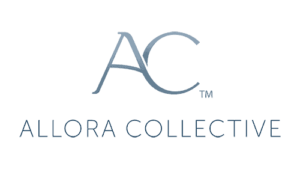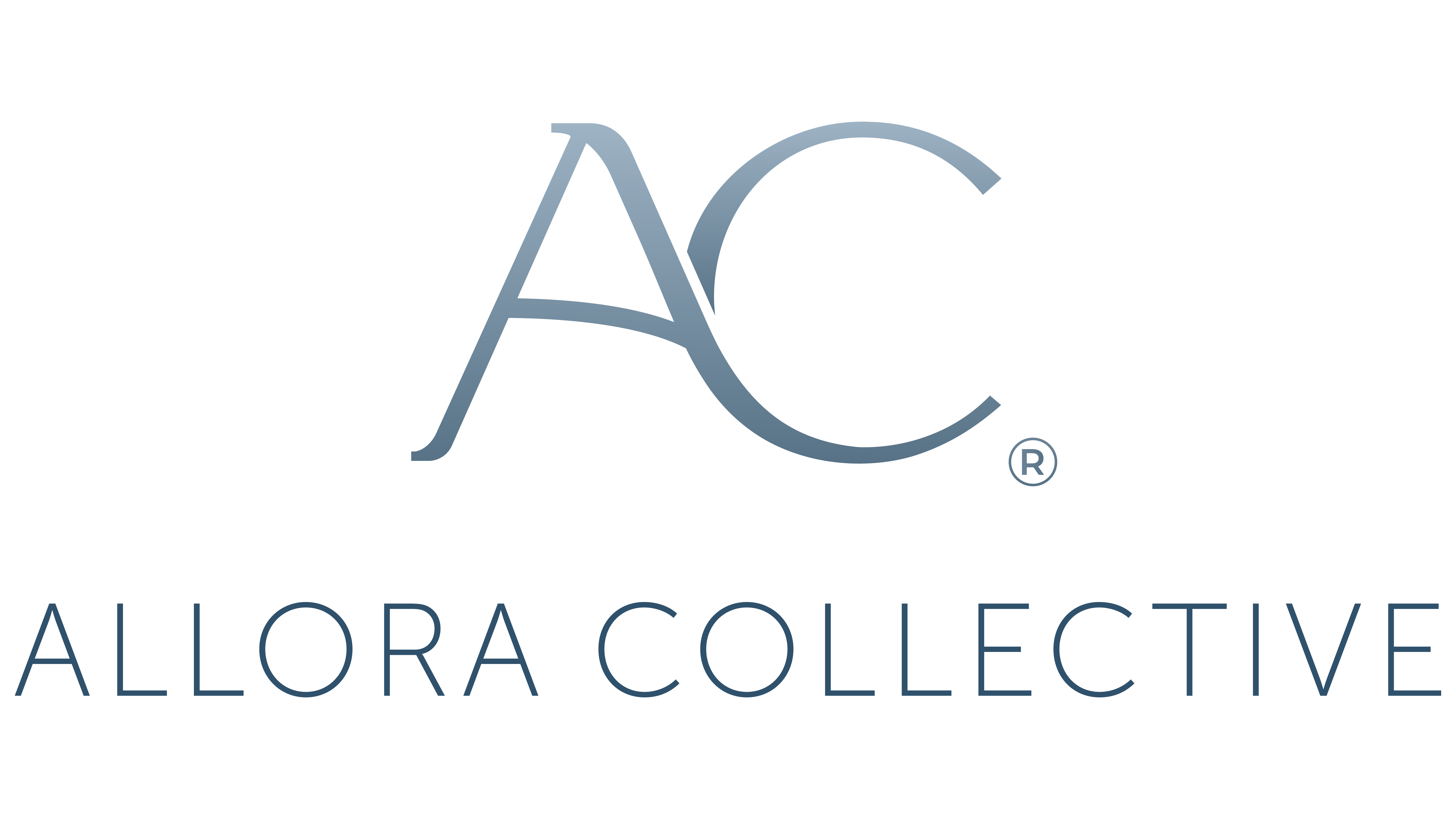Are you searching for a career coach? It is important to qualify them and keep an eye out for any red flags. Here’s what you need to know
Our team has noticed an increase in feedback from the community after they have invested in career programs or worked with career coaches but didn’t get the outcomes or quality that was advertised.
Managing someone’s career is not a one-size-fits-all product, it is a trusted relationship.
Your career coach should be adapting their style and content for you. They may offer you tools to enable your collaboration, organization and efficiency but the key is how your partnership is personalized. There are job search tasks like applications that can be standardized but the majority of the process (interviews, networking, negotiating, career strategy, development etc.) is a personal experience.
Your career coach should be adapting their style and content for you. They may offer you tools to enable your collaboration, organization and efficiency but the key is how your partnership is personalized. There are job search tasks like applications that can be standardized but the majority of the process (interviews, networking, negotiating, career strategy, development etc.) is a personal experience.
We provide a lot of interview coaching and one of our main areas of focus is teaching our clients how to adopt the mindset of an interviewer and to actively evaluate the hiring team and company throughout the hiring process. There are similarities to those methods that you may also use to find career coaches that are the best fit for you.
You do not need to know exactly what direction you want for your career (but no complaints if you do!). You can and should explore different options with a coach and you can change direction along the way. As life changes our priorities change and then our direction may change which can be a good thing and lead you to where you belong. Your coach should expect that, and encourage it by asking thoughtful questions, helping you discover and think through options you may not have known were possible.
What do you need to bring to the relationship?
You must engage, communicate, and actively participate. Clients who maintain regular contact get better results. You are making an investment to have this person guide you every step of the way. They need to know what activity is happening in order to advise on how to improve. Your career coach is not there to point out what you’re doing wrong, don’t hide from them. They can help you focus on what is going well and build on that.
You must engage, communicate, and actively participate. Clients who maintain regular contact get better results. You are making an investment to have this person guide you every step of the way. They need to know what activity is happening in order to advise on how to improve. Your career coach is not there to point out what you’re doing wrong, don’t hide from them. They can help you focus on what is going well and build on that.
Be clear about your priorities
Communicate openly with your coach. Tell them what you want, what you don’t want and what you are unsure of so you can collaborate to create goals that will align with your priorities. Find a coach with the expertise to customize strategies for you, rather than repeat a list that has been circulated on social media. Ask them how they would approach an issue you’ve had before or for an example of how they customized their methods for a client. This is an investment you are making in yourself, and the support you receive should be tailored for you. Everything depends on the particulars of your situation, your knowledge, past experience, your availability, and the coach’s skill.
Communicate openly with your coach. Tell them what you want, what you don’t want and what you are unsure of so you can collaborate to create goals that will align with your priorities. Find a coach with the expertise to customize strategies for you, rather than repeat a list that has been circulated on social media. Ask them how they would approach an issue you’ve had before or for an example of how they customized their methods for a client. This is an investment you are making in yourself, and the support you receive should be tailored for you. Everything depends on the particulars of your situation, your knowledge, past experience, your availability, and the coach’s skill.
Assess their career experience not only their coaching experience.
Keep an eye out for the adaptability that comes with dealing with everyone involved from candidates to hiring teams at different levels, industries, and markets. Read their testimonials or talk to their clients to get a better idea of how much personal and professional experience they have. Job searches are a personal experience and courses or products designed to sell in large quantities will not be personalized for you.
Keep an eye out for the adaptability that comes with dealing with everyone involved from candidates to hiring teams at different levels, industries, and markets. Read their testimonials or talk to their clients to get a better idea of how much personal and professional experience they have. Job searches are a personal experience and courses or products designed to sell in large quantities will not be personalized for you.
Avoid these red flags that indicate inexperience or overly aggressive sales tactics:
- Avoid resume review offers where you are not required to give information about your target roles or audience (such as job descriptions or LI profiles).
- Claims of a resume template ‘getting people jobs or higher salary’ (this is a marketing headline, resume content qualifies someone for an interview it does not get them an offer).
- Don’t rely on someone offering public interview questions that are not customized to your priorities.
- Don’t overlook customizing your career examples for the interviewer (recruiter, hiring manager, etc.), as part of interview preparation.
- Avoid interview preparation that does not involve practice, investigation into the business, the interviewer, AND how your prior experience precisely qualifies you for the position.
- Don’t take advice from someone who has not had significant professional and personal experience.






